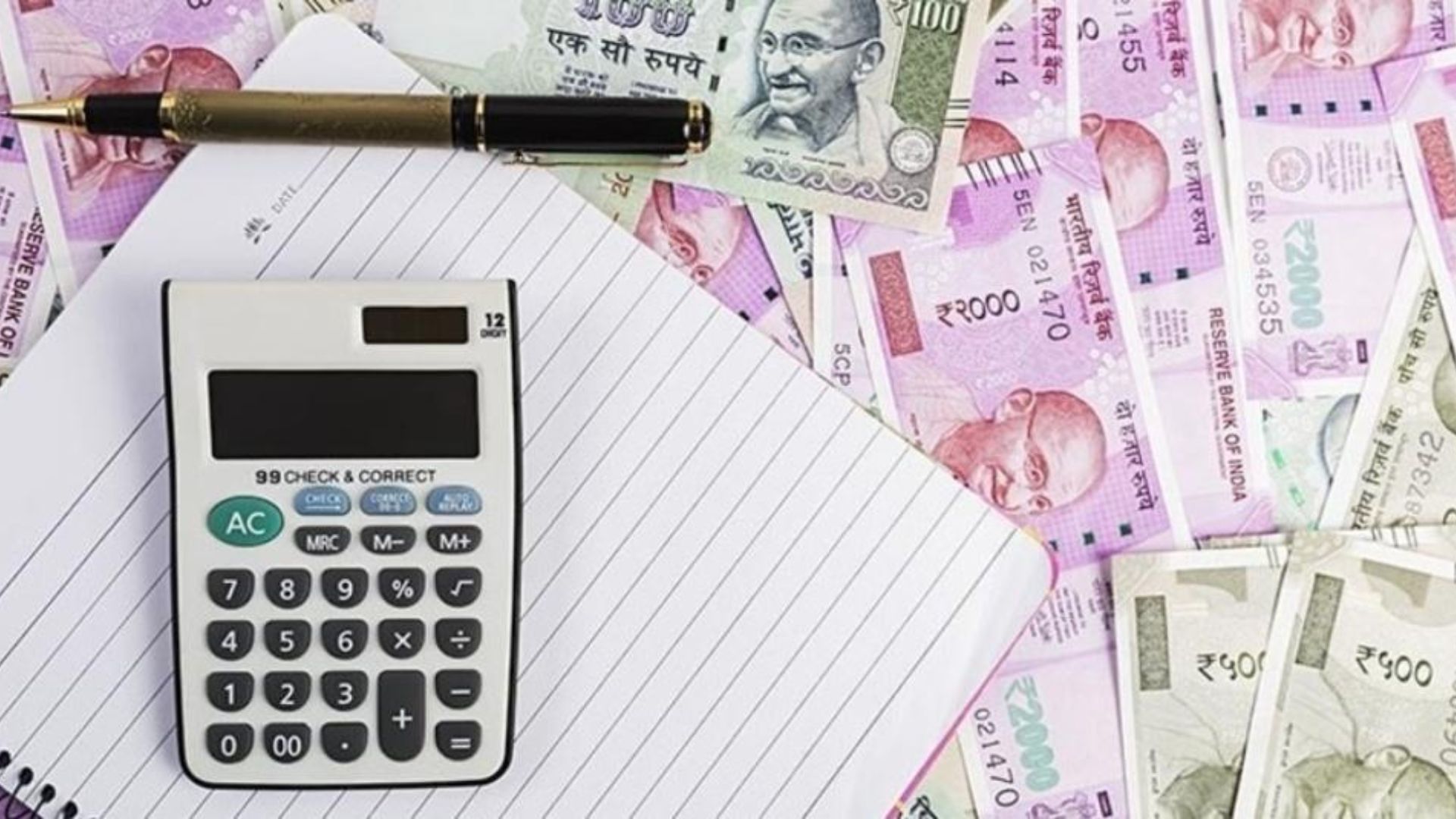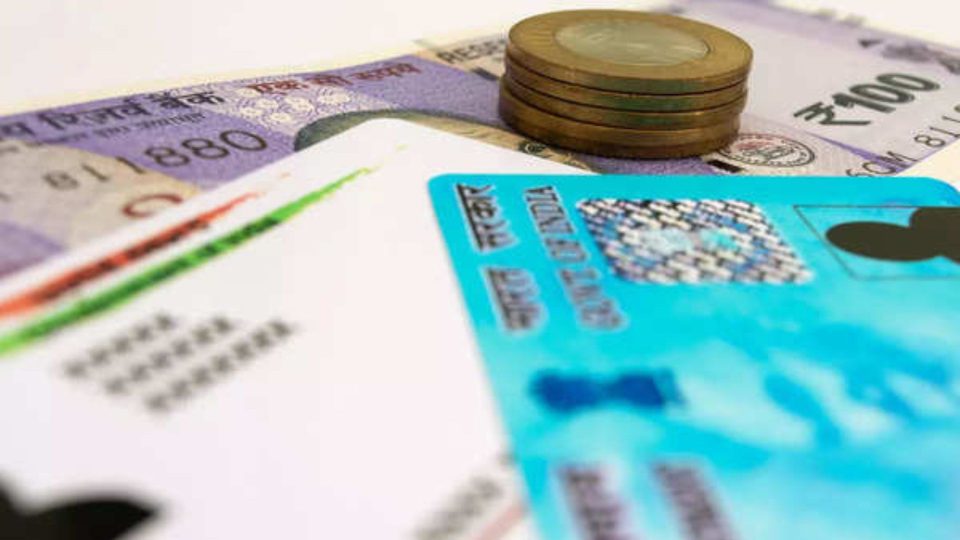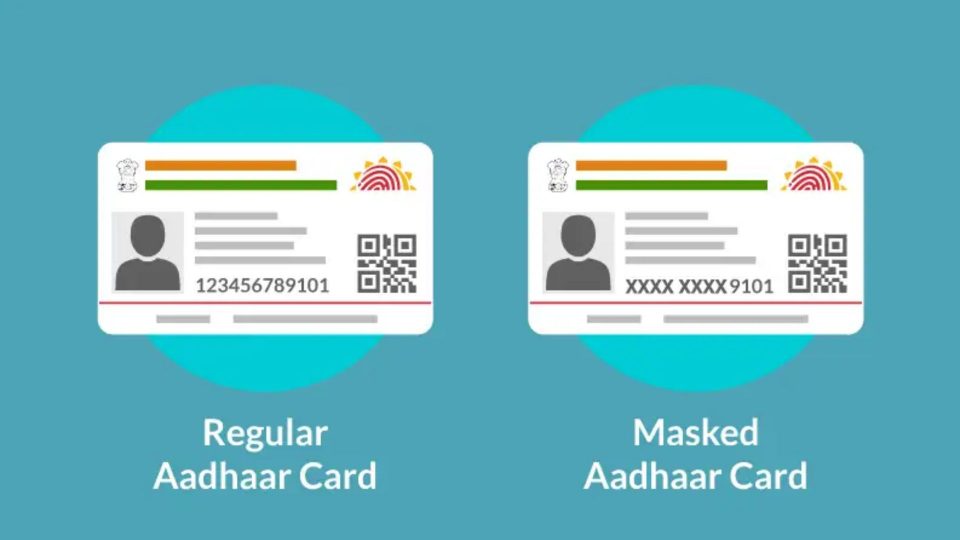Saving money on taxes doesn’t have to be a complex puzzle. It can be quite straightforward and accessible. In this blog, we’ll explore some simple yet effective strategies to maximize your tax savings without diving into intricate investments.
Tax-Saving Ways Without Investment
1. Insurance Premium
Your life and health insurance premiums can be claimed as tax deductions under Sections 80C and 80D, respectively. The limitations for claiming a tax deduction under Section 80D are determined by who is covered by the health insurance and their age. As a result, the limit may vary based on the taxpayer’s family members, such as spouses, parents, and children, for whom the insurance is purchased. Section 80C allows for a maximum of Rs 1.5 lakh in life insurance premiums.
2. Tuition and Hostel Allowance for Children
Section 80C allows you to deduct the tuition fees that you pay for your children (up to two) to any educational facility; however, the maximum deduction is Rs. 1,50,000. Apart from that, Section 10(14) exempts you from paying taxes on exceptional allowances offered by employers for your children’s education, which may include dormitory expenses.
3. Education Loan Repayment
Many of us who start working after finishing our higher education are burdened by the EMIs of our college loans. While you are in the early phases of your job, do not overlook the tax benefit on an education loan if you are in the taxable income category. Section 80E of the Income Tax Act allows you to deduct the interest component of your school loan EMI instalment. Depending on who repays the education loan, either the parent or the student might claim this tax advantage.
4. Home Loan Repayment
Remember that the main component of your house loan is tax deductible under Section 80C when you repay the EMIs. Home loan borrowers can claim a tax deduction for the interest component under Section 24 of the Income Tax Act. The highest tax deduction available in India for interest payments on a house loan for a self-occupied property is Rs 2 lakh.
5. Interest Paid For Loans Taken To Purchase E-Vehicles
Given the environmental benefits of EVs, the government has encouraged residents to purchase one. The provision of a deduction of up to Rs 1.5 lakh per year under Section 80EEB for interest payable on loans obtained to purchase EVs is one of the steps taken by the government towards its vision of making electric vehicles (EVs) affordable to consumers and providing an additional incentive for people to buy them. Individual taxpayers may own an electric car for personal or commercial usage. The loan must be taken between April 1 and March 31, 2023, to qualify for this deduction.
6. Disabled Dependent’s Medical Expenses
If you are a taxpayer caring for handicapped dependents, you can deduct your expenditures under Section 80DD. This deduction is provided to assist taxpayers in caring for handicapped family members who rely on them. If a dependent individual has at least 40% of any of the above impairments, a taxpayer can claim a tax deduction of up to Rs.75,000 in a fiscal year. In a fiscal year, a taxpayer can claim a tax deduction of up to 1.25 lakh if the dependent person has at least 80% of any of the following impairments, which are termed severe disabilities.




